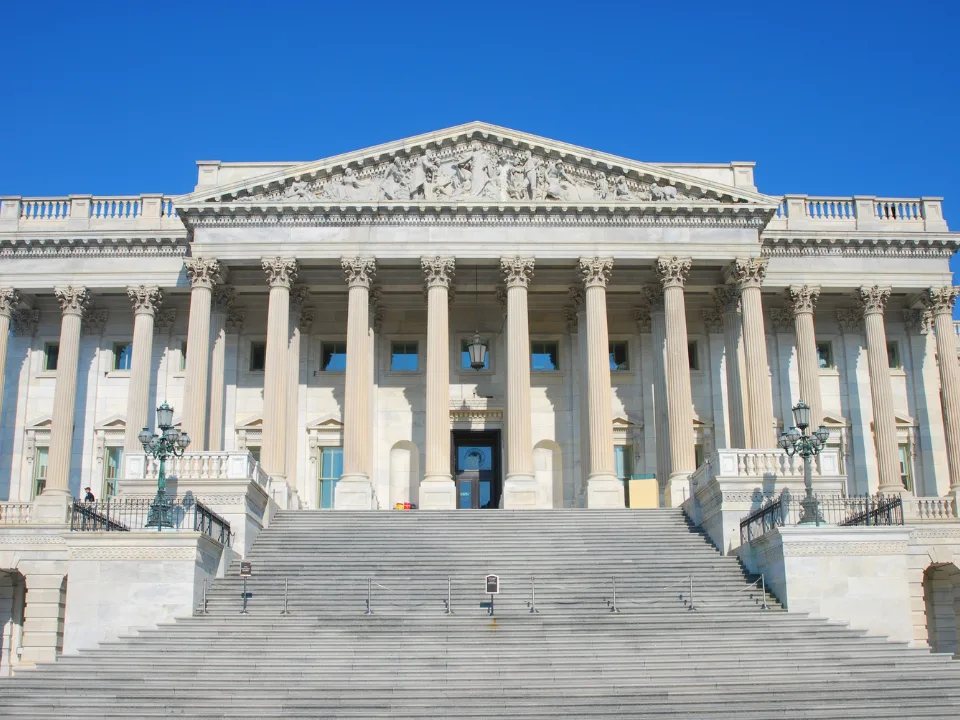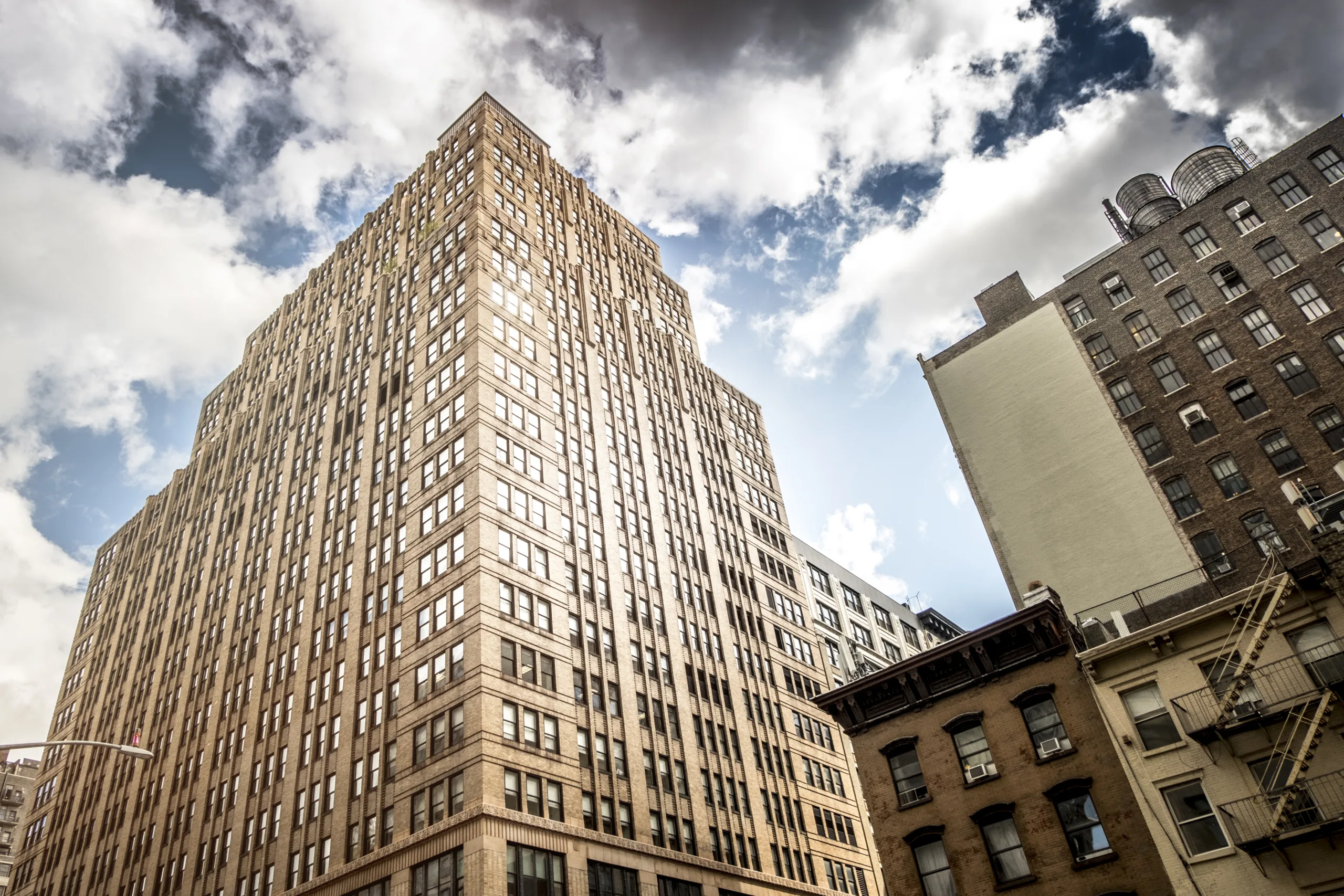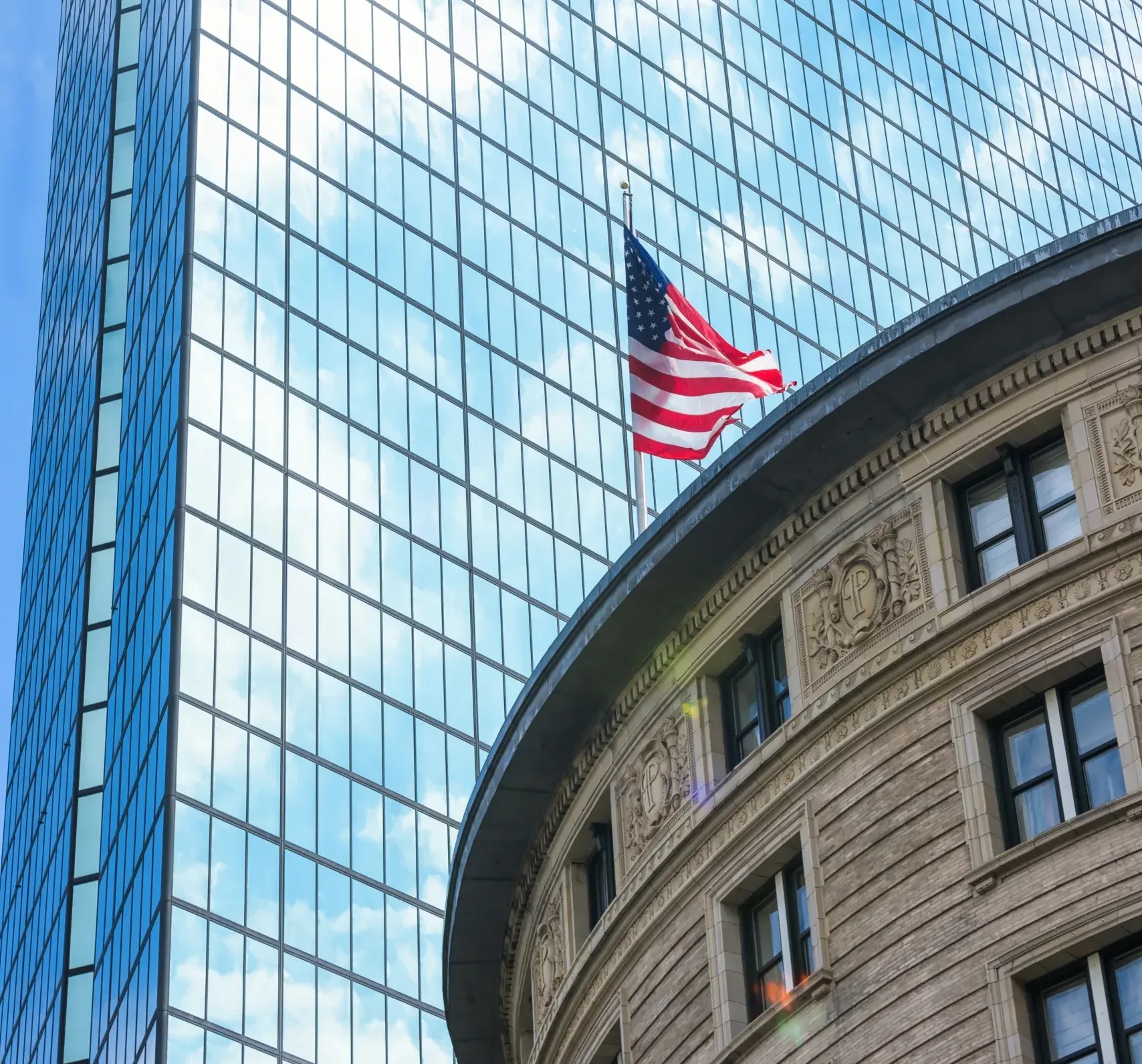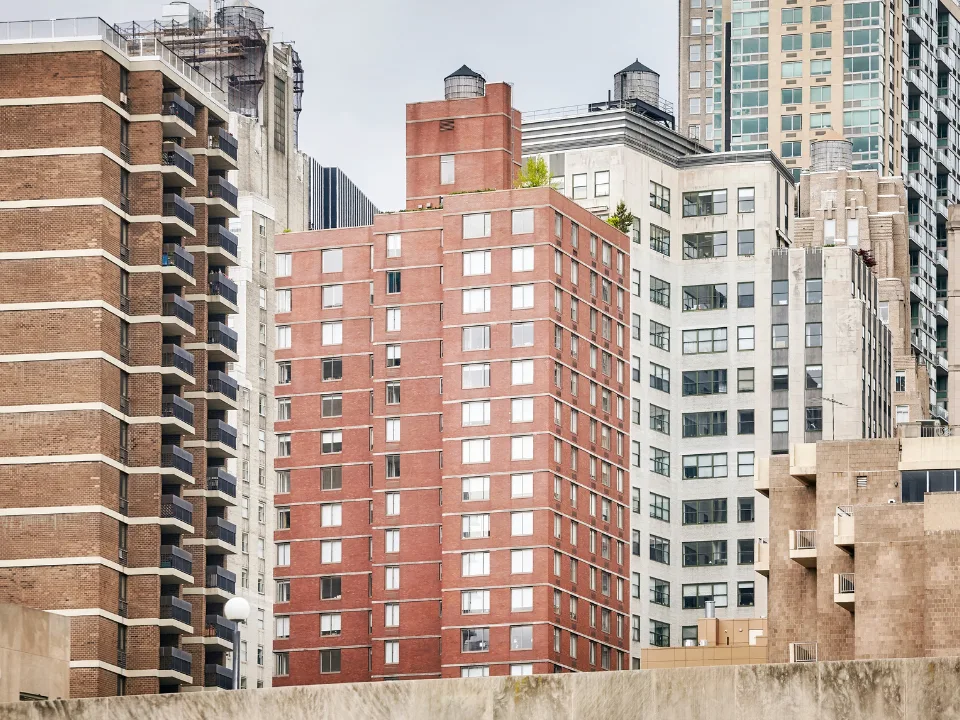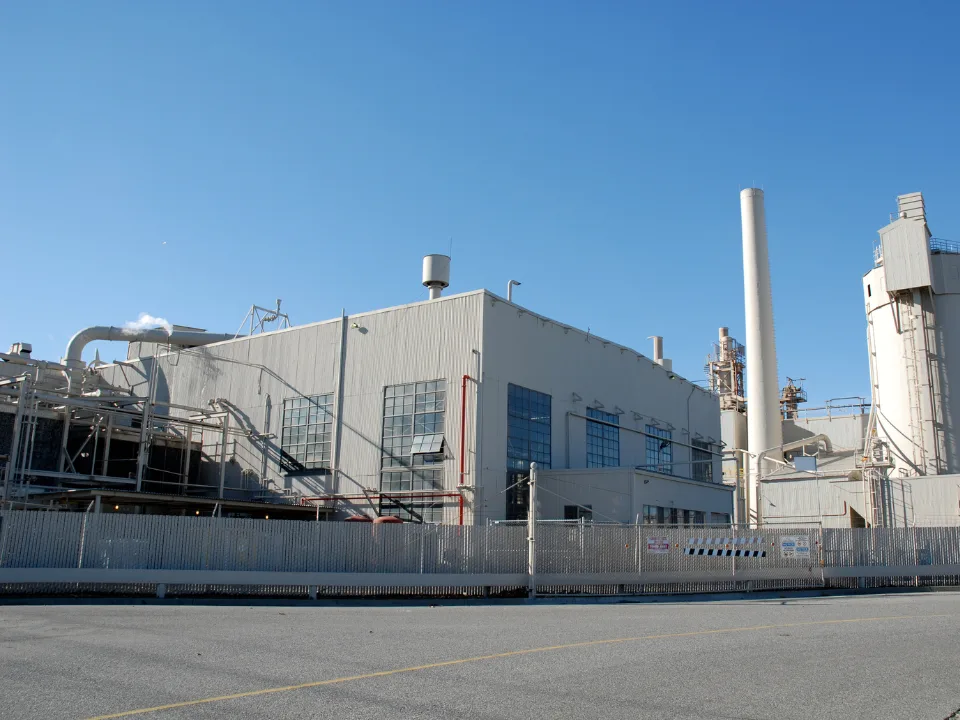JPMorgan Chase Rescues First Republic Bank in Emergency Sale
JPMorgan secured the acquisition of First Republic in an emergency government-led intervention. The bank will acquire First Republic’s assets, which include $173 billion in loans. In addition, JPMorgan agreed to pay $10.6 billion to the FDIC. First Republic’s failure ranks as the second-largest US bank failure.
Good morning. Downtown Miami’s largest chunk of undeveloped waterfront just sold for $1.2 billion. Meanwhile, an office tower in San Francisco could potentially be sold for 80% less than its value in 2019.
If you enjoy reading CRE Daily, be sure to follow us on LinkedIn, Twitter, and Instagram to stay updated with the latest daily news.
Market Snapshot
|
|
||||
|
|
*Data as of 4/27/2023 market close.
👋 First time reading? Sign up here.
KING OF QUEENS
Genting’s Miami Waterfront Lot Snapped Up by Terra-Led Group for $1.2B

Steve Cohen, the billionaire owner of the New York Mets, is now setting his sights on a new business venture: becoming a casino mogul.
Ambitious plans: Steve Cohen is among the contenders competing for one of the three prized licenses to construct a casino in New York City, a project that has attracted renowned players in the real estate and gaming sectors. Cohen is proposing to build his casino next to the Mets’ Citi Field in Queens on a vast parking lot and park. While at least half of the proposals are targeting Manhattan, a casino in Queens could be generating $1.9 billion in revenue annually by 2025, making it the most lucrative option.

Source: Bloomberg reporting
Troubled past: Cohen’s history as SAC Capital founder, who paid a $1.8 billion settlement for securities fraud, could hinder his casino ambitions. But, all applicants must pass a rigorous 66-page background check proving their good character. Despite this obstacle, Cohen’s donations to Mayor Eric Adams’ campaign and involvement in local politics have helped gain community support and win over officials, crucial to securing a license.
High cost of entry: Developing a casino in NYC is challenging due to political opposition, concerns over negative impacts such as increased noise, crime, and traffic, as well as the dangers of gambling addiction. The high costs of entry, which include a $500M fee for each license and a minimum $500M investment, are also significant hurdles. However, the potential upside for successful bidders is enormous, with a Queens casino projected to generate $1.9B in revenue annually by 2025.
Challenges and resistance: But money alone is no guarantee of success in the Big Apple. Manhattan lawmakers are lukewarm about the idea of casinos in their districts, with potential bidders going all out to win their support, including offering meetings with celebrity partners like Jay-Z.

Source: New York State Commission on Ethics and Lobbying in Government
➥ THE TAKEAWAY
Upside potential: Steve Cohen is doing everything possible to increase his chances of winning the casino bidding war in New York City. He has hired a top-notch team, including nearly two dozen lobbyists, and spent over $1 million in the last 15 months on a multimedia lobbying campaign. He has held about 14 “visioning” sessions to win over Queens residents, launched social media campaigns, and created a website called “Queens Future.” Cohen is determined to succeed and sees the casino project as a lucrative opportunity, akin to his early investing days.
FIRE SALE
Office Tower Worth $300M in SF Financial District Could Sell for a Mere 20% of Its Value

350 California Street in downtown San Francisco’s financial district. PHOTO: SHELBY KNOWLES WSJ
Due to work-from-home era trends, the San Francisco office market has been severely impacted, with an office tower located on California Street, potentially selling for 80% less than its pre-pandemic valuation.
Setting the scene: San Francisco’s California Street, which houses some of the world’s most valuable commercial real estate, has been hit hard by the pandemic. Now, a 22-story glass and stone tower at 350 California Street, worth around $300 million in 2019, is up for sale with expected bids of only about $60 million, marking an 80% decline in value in just four years.
Massive overcapacity: About 30% of San Francisco’s office space is vacant, up from less than 4% before the pandemic. This lack of workers has led to a ripple effect on businesses, with reduced foot traffic, particularly for smaller businesses. Many office owners also struggle to fill space as tenants opt for hybrid work.
Financial strains: About $80B worth of office loans come due this year, forcing many owners to refinance at lower occupancy rates but with higher interest rates, not to mention threatening losses for lenders. Wells Fargo noted that the amount of nonaccrual loans on their balance sheet has shot up to $725M in 1Q23, up from $186M in 4Q22.
Unique challenges: Unfilled office space is the biggest challenge in today’s post-pandemic market, as the potential to raise rents is no longer there. The tower at 350 California Street is around 75% vacant due to the recent departure of major tenant Union Bank. But the tower’s vacancy isn’t its only challenge. Potential buyers should expect to shell out an additional $50M in renovations and updates to attract new tenants.
➥ THE TAKEAWAY
Uncertain future: The potential sale of the San Francisco office tower at such a deep discount may be a wake-up call to other office markets, particularly those centered around tech and finance. One thing is clear—even ‘trophy’ office owners could be in for a bumpy road ahead.
📰 Daily Picks
-
Cost cutting: Meta (META) plans to spend $5B for restructuring, including real estate consolidation, as part of a “year of efficiency,” per 1Q23 earnings call.
-
REIT retreat: Top nontraded REITs added $49.4B in commercial property portfolios in 2022 H1, but no big purchases for 7+ months as redemptions mount.
-
Nordic chill: Europe’s heavily indebted property magnate, Ilija Batljan, highlights concerns that commercial real estate could be the next victim as the era of free money draws to a close.
-
Fuel to the fire: Researchers predict that a generational housing bubble, fueled by millennials, will burst in the next decade as demand dwindles.
-
More layoffs: Meridian Capital Group reportedly let go of around 5% of its workforce, including the senior managing director of public relations, due to the economic market despite efforts to avoid the cuts.
-
Doubling down: Despite the belief that work from home would kill off amenity-rich office complexes, investors in New York City are increasing their offerings to attract tenants and revive the use of office spaces.
What did you think of today’s newsletter? |
Brookfield Shares Are Slipping Amid Office Concerns
